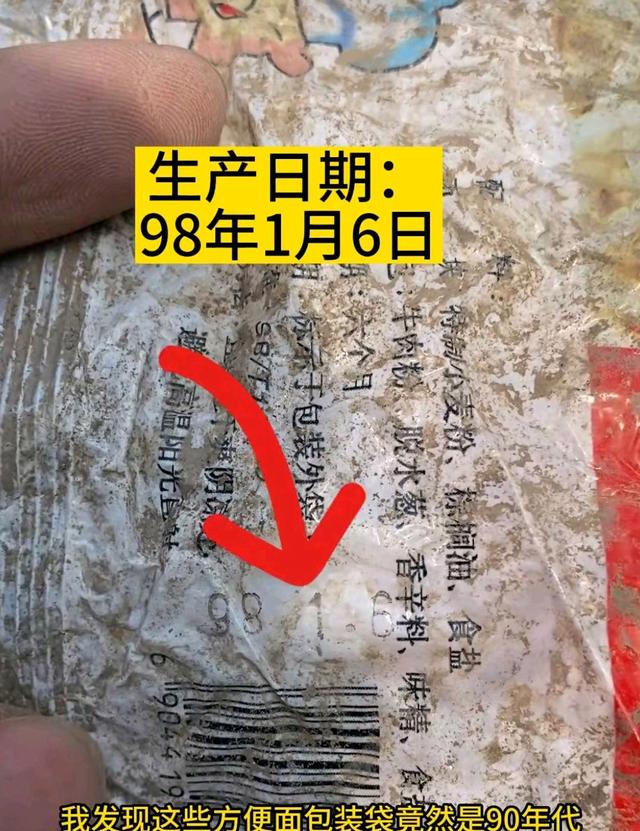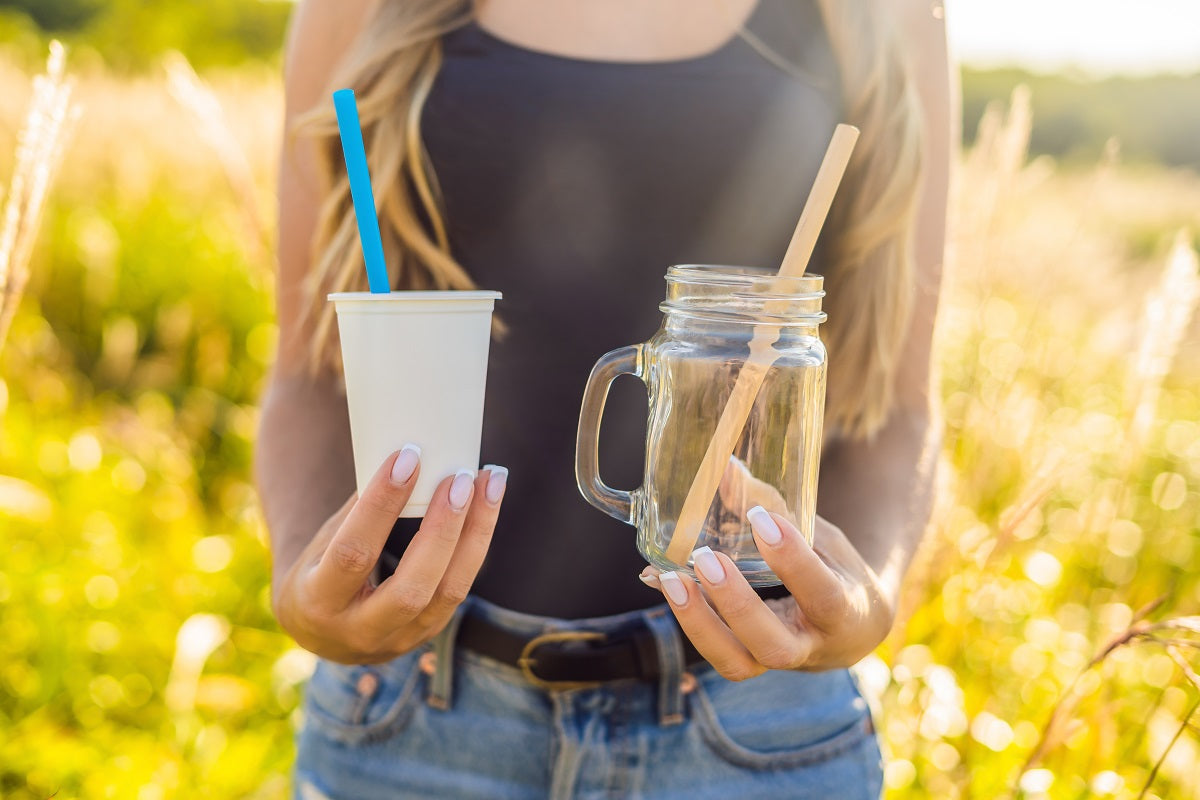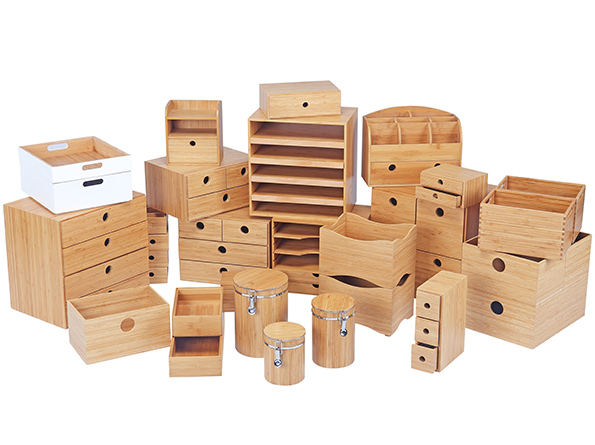Some time ago, there was a thought-provoking news in China. A waste picker picked up a plastic outer packaging bag of instant noodles in the dirt at a construction site. The production date on it was 1998, 25 years ago. After more than 20 years of deep burial and the ravages of time, except for the soil stains, this packaging bag has not changed at all, and the color is still bright. It can be seen that the decomposition of plastic products takes much longer than we imagine.
This news is a reminder of the need to find more sustainable alternatives to address the plastic waste problem. And bamboo could become an ideal alternative. Bamboo is a fast-growing, renewable plant whose natural fibers could be used to create alternatives to plastic. Compared to plastic, bamboo decomposes faster and is more environmentally friendly.
By using bamboo to produce cups, tableware, packaging materials and other products, we can reduce our dependence on plastic and reduce our negative impact on the environment. At the same time, the use of bamboo materials can also promote the rational management and planting of bamboo forests and provide employment opportunities for farmers.
In our daily lives, we can promote the development of alternatives to plastic by supporting and purchasing products based on bamboo. At the same time, scientific research institutions and enterprises can also increase research and investment in the sustainable utilization of bamboo to help solve the global plastic waste problem.
Post time: Jan-03-2024








